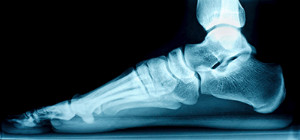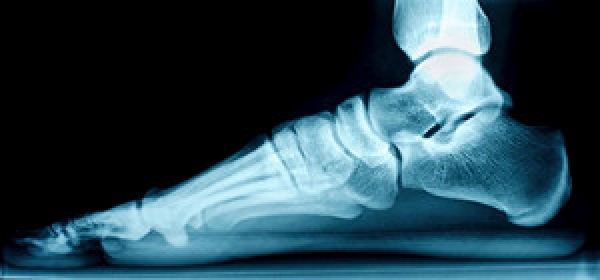
Adult flat feet, a condition where the arches of the feet collapse, can be attributed to a multitude of factors, each contributing to the intricate landscape of this common ailment. One primary cause is weakened or overstretched tendons, often stemming from prolonged wear and tear or injury. Age-related changes to tendons and ligaments can also impact foot structure, leading to the development of flat feet. Genetic predispositions often play a role, as individuals with a family history of flat feet may be more susceptible. Certain medical conditions, such as arthritis, diabetes, or obesity, contribute to altered foot mechanics and increased stress on the arches. Pregnancy is another factor, with hormonal changes and increased weight-bearing influencing foot structure. Wearing unsupportive footwear, especially during critical developmental stages, can contribute to the prevalence of adult flat feet. If you have flat feet, it is suggested that you visit a podiatrist who can offer you relief techniques, which may include custom-made orthotics.
Flatfoot is a condition many people suffer from. If you have flat feet, contact Dr. Joshua David Scoll from Pennsylvania. Our doctor will treat your foot and ankle needs.
What Are Flat Feet?
Flatfoot is a condition in which the arch of the foot is depressed and the sole of the foot is almost completely in contact with the ground. About 20-30% of the population generally has flat feet because their arches never formed during growth.
Conditions & Problems:
Having flat feet makes it difficult to run or walk because of the stress placed on the ankles.
Alignment – The general alignment of your legs can be disrupted, because the ankles move inward which can cause major discomfort.
Knees – If you have complications with your knees, flat feet can be a contributor to arthritis in that area.
Symptoms
- Pain around the heel or arch area
- Trouble standing on the tip toe
- Swelling around the inside of the ankle
- Flat look to one or both feet
- Having your shoes feel uneven when worn
Treatment
If you are experiencing pain and stress on the foot you may weaken the posterior tibial tendon, which runs around the inside of the ankle.
If you have any questions please feel free to contact one of our offices located in Philadelphia, Bensalem, and Fairless Hills, PA . We offer the newest diagnostic and treatment technologies for all your foot and ankle needs.

